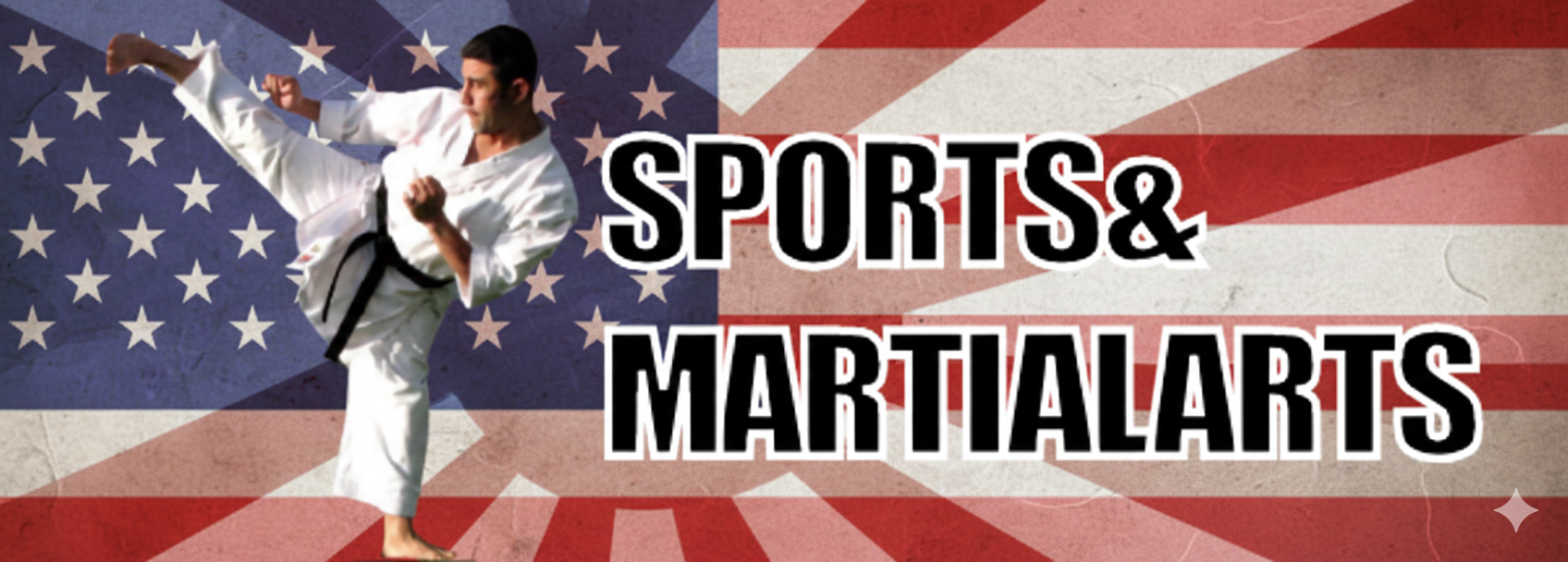Rear Elbow Strike in Karate (Ushiro Empi Uchi)
Brief introduction
The Rear Elbow Strike in Karate, known as Ushiro Empi Uchi, is a compact, high-impact close-range technique designed for situations where space is limited. Its strength comes from short biomechanics: hip rotation, bodyweight transfer, and the hard elbow point.
Purpose and usage
Primary purpose: deliver immediate stopping power in tight-range encounters. Usage: close-quarters self-defense, clinch scenarios, and short-distance scrambles in sparring. It’s effective because it’s fast, hard to telegraph, and uses skeletal leverage rather than pure arm speed.
Self-defense note
This strike is practical for self-defense. It creates space quickly and can disable or disorient an aggressor. Train responsibly, use appropriate force, and understand local laws on self-defense.
Target areas
Head: jawline, cheekbone, temple (high risk—use caution). Neck: side of neck and carotid area (very sensitive—train under supervision). Torso: floating ribs, liver (right side), solar plexus. Upper chest/sternum for shock and space creation.
Step-by-step guide
- Set your base: athletic stance, knees soft, hands up, chin tucked. 2. Protect: raise the non-striking hand to shield the head and keep chin down. 3. Load: keep the striking elbow close to the ribs with the forearm vertical and hand near chest. 4. Initiate with hips: pivot the foot and rotate hips first—power starts from the ground. 5. Drive the elbow: snap the elbow back and slightly upward; strike with the tip/ulna point. 6. Exhale/kiai: short sharp exhale at impact to brace core. 7. Recoil and re-cover: retract immediately to the guard and reestablish stance. 8. Exit or follow-up: step out or chain to a knee, palm strike, or disengage.
Practice guide
Solo drills: mirror mechanics (slow reps, focus on hip-first rotation); wall-line drill (stand close to a wall, practice clean path without shoulder contact); heavy-bag contacts (controlled sets focusing on hip turn); footwork + elbow (step-pivot-elbow both sides); reaction-timer drill (randomize timing while shadowboxing). Partner/pad drills: focus-mitt strikes (partner varies height/angle); light clinch lane (create a frame and fire elbow on cue); controlled grab releases (bear-hug breaks into elbow and exit); touch-only sparring inserts with headgear/pads and instructor oversight.
Recommendations to improve technique
-
Lead with hips, not the arm—hips unlock power and reduce telegraphing. 2. Keep the striking arm compact—short path equals more force. 3. Maintain a protective off-hand to shield the head. 4. Use small foot pivots to maximize hip rotation and balance. 5. Strike with the elbow point (ulna tip) for concentrated impact. 6. Train both sides to handle unpredictable angles. 7. Condition core and rotational power (med-ball rotations, Pallof presses). 8. Prioritize precision over force—target selection matters for safety and legality. 9. Avoid over-rotation—always maintain an exit plan. 10. Seek supervised sparring to develop timing and distance control.
Common errors to avoid
Starting with the shoulder/arm instead of the hips; flaring the elbow wide; dropping the non-striking hand; over-rotating and losing balance; chasing a moving target instead of resetting.
Drills to build power and resiliency
Rotational med-ball throws 3×8 per side; Pallof press 3×10; farmer carries for grip and stance stability; controlled neck and shoulder exercises for resiliency; progressive bag work—light to moderate impact to avoid injuring the elbow.
Safety and legal considerations
Elbow strikes can cause significant injury. Use protective gear during training, avoid live head strikes without full protection and supervision, and understand local legal standards for use of force. In self-defense, use only the force necessary to escape.
Karate Requirements
- Karate Stances
- Karate Punches
- Karate Kicks
- Karate Blocks
- Karate Strikes
- Karate Traditional Katas
- Karate Traditional Weapons
- Karate General Terminology
Follow our Social Media!








